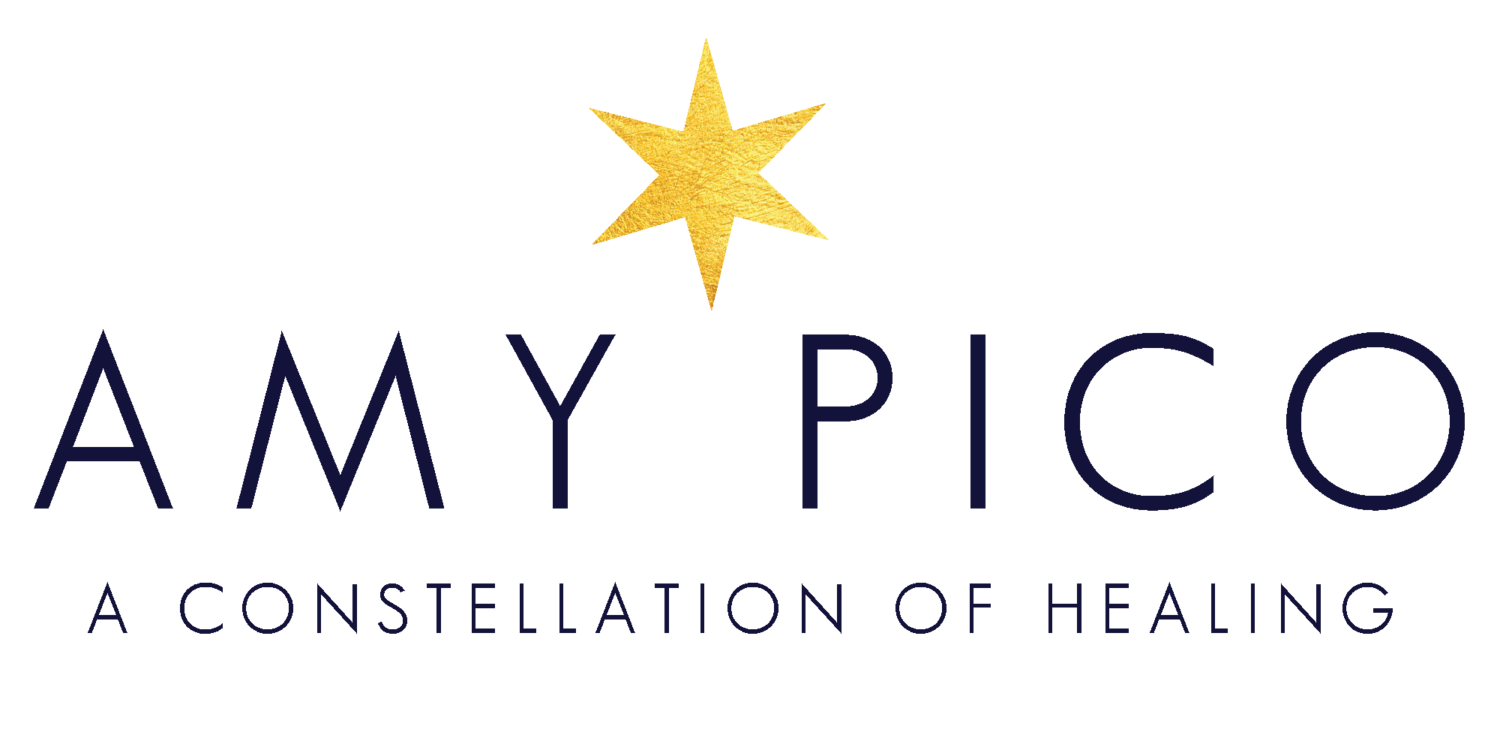Today was filled with meetings and client calls. I am feeling the collective tension of our joint isolation. I am also choosing to laugh.
Does this make you laugh? I hope so!!
Laughter is medicine, they say. Laughter heals, they say. And yet…I don’t remember having much of a sense of humor as a child. My younger sister was the clown of the family. My humor began to develop as a form of self-deprecation along with a hint of macabre. Definitely NSFW material as I’ve gotten older.
Our sense of humor is great and diverse. Humor in the States is different than other countries. It is cultural, regional, and local. How can we use this universal emotion for our good during these times of uncertainty?
Rely on familiar: What gives you a good belly laugh? What stand up comic gets you going every time? What meme account is your go-to for a good chuckle? Watch, visit, or listen to these sources regularly.
Let yourself go all out: With so many of us in isolation, now is the time to let yourself laugh at the things that may make others cringe. With our senses being on high alert, being able to have freedom to laugh at our own humor style can be relieving and refreshing.
Find the commonality in a laugh: I am learning to laugh at myself and the more universal ways we can connect. Watching my cousin’s baby feed himself yogurt? Funny and adorable. Seeing how my dog throws me her toy for fetch? Funny. Seeing myself trip on an imaginary bump on my floor? Priceless.
When we use laughter as a healthy outlet, we can see the benefits of release. Laughing reduces tensions, massages our organs (ala Tiffany Haddish), and we can learn to reset from these moments of levity. Let’s all continue to laugh friends. We all need it, even in the midst of suffering, sadness, and confusion.





